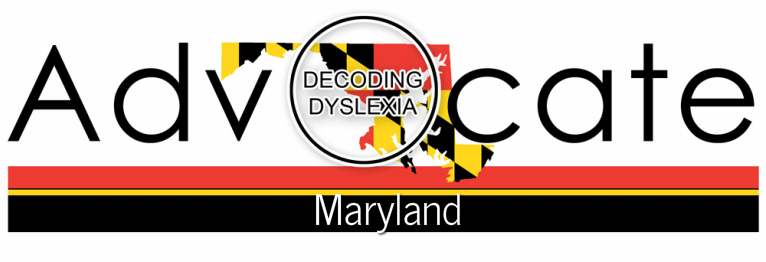Frederick County Public School
|
Storytelling. Why is it important?Storytelling is an important tool in the effort to provide appropriate instruction to dyslexic students. Decision-makers and the general public need to know why and how the existing system fails students -- otherwise, nothing will ever change.
Everyone has a story to tell. Please consider adding your story and your voice to our Dyslexia: Your Storybook (DYS). For example, maybe you are motivated by helping others avoid the roadblocks you and your student faced over the years. Maybe people in your student's life carelessly said things like: "if you only tried harder? or if you would just focus? or if you weren't so lazy, would read more, study more...". If you are interested in telling your story, this link includes some wonderful tips for storytelling ~ please check it out and consider adding your story to the Dyslexia: Your Storybook file. Stories will not be used without permission and all stories will be used to persuade decision makers in Maryland to pass legislation to identify, educate and support dyslexic students. 
A Dyslexia Short Story
By E. DeVos Harford County Public School Parent About 3 months ago I was talking to my son about school and why he was having such a hard time doing his work and what we were going to try to do to fix it. He tells me, “Mom, I know what’s wrong, I’m Dyslexic.” “You’re not dyslexic, you read just fine.” My son is awesome! He is unlike any other child I have met, but he’s mine and every Mom feels that way about their child. He is charismatic. He could sell a drowning man water, he has, on more than one occasion, talked the waitress into desserts on the house. He is an old soul, he’s a “playa”, he’s a charmer, he’s the smartest kid I have ever met but I’m Mom, we are parents and that is how we are supposed to feel about our children. His school behavior and work has never seemed commensurate with his abilities. After moving with the military, three elementary schools, two attempts at first grade and deciding to get him evaluated for ADHD we have learned. He is dyslexic, he is going to have to learn differently. Looking back, everything is so clear. The only one who doesn't see his uniqueness is the school system. After bringing the school team all the information, I was shocked at their response. The message I received was that he would have to fail first. This is a failure I can not allow to happen, this isn't a "learn from your failures" type of failure. This is a "it is going to affect your life type of failure." I'm getting smarter, I'm doing the right things to teach my son the way he needs to learn. I'm learning the things I need to do to make this journey have the outcome I think it should have for my son and others. The other day I asked my son, “Do you know who the first person was to tell me you were dyslexic?” I got his crooked teeth, teeth missing 8 year old grin and he said, “Me.” I should have just listened to him in the first place. |
